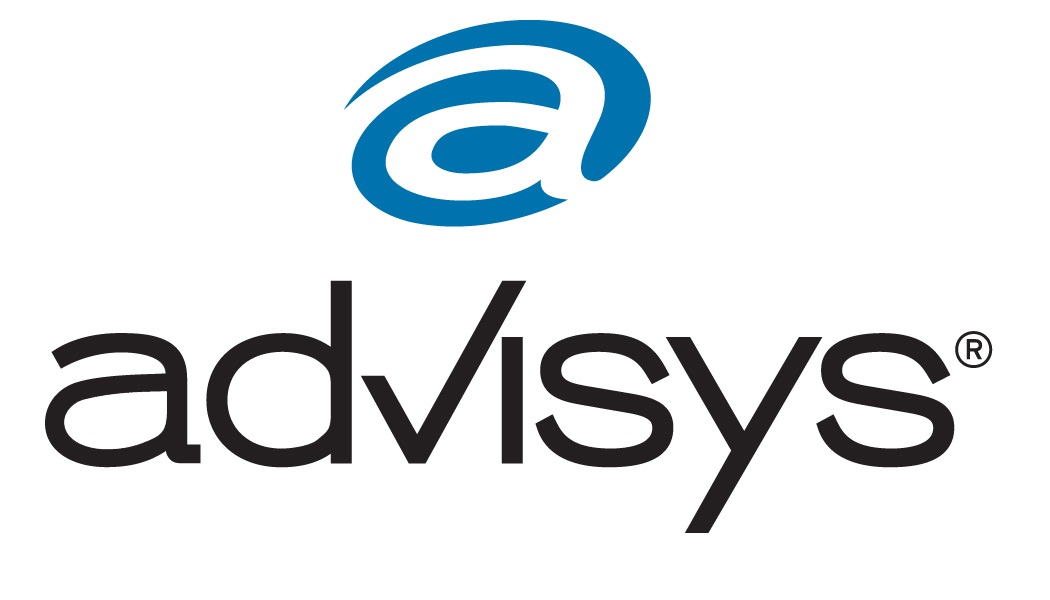Business valuation factors
The value of a business interest is generally based on two things:
- What the company owns, which is reflected on the balance sheet, and
- What the company earns, which is reflected in the income statement.
In valuing a business for tax purposes, the IRS is guided by the factors listed in Revenue Ruling 59-60.1
The nature and history of the business
Consideration is given to factors such as:
- Size and consistency of the growth rate.
- Stability of the business or lack thereof.
- Products, services and company assets.
- Record of sales.
- Management - especially recent changes.
- Diversity of operations.
Economic outlook
The general economic outlook and condition of the particular industry in which the business operates will affect how a business is valued. Common questions to be considered include the following:
- Is it a growth industry?
- How competitive is this company within the industry?
- What would be the economic effect of the loss of a key employee?
The book value of the stock
- Based on assets minus liabilities - to show liquidity position.
- Believed to be unreliable in valuing most businesses.
The earning capacity of the company
This is perhaps the most significant factor:
- Earning capacity is average earnings over a five-year period multiplied by a capitalization rate.
- There is no standard table of capitalization rates.
- Capitalization rates are usually based on price-earnings ratios of similar, publicly traded companies.
The dividend paying capacity
This is considered to be a primary factor:
- This does not mean dividends actually paid, but the capacity to pay.
- The IRS recognizes the need to retain a reasonable portion of the profits for expansion needs.
Goodwill and other intangible values
- Goodwill is based on earning capacity. It represents an excess of net earnings over and above a fair return on the net tangible assets of the business.
- Other intangibles include the following:
- Ownership of a trade or brand name.
- Prestige and renown of the business.
- Prolonged successful operation in a particular locality.
Prior sales and size of block
- Prior sales may be meaningful if they were arms-length transactions.
- Small isolated sales or distress sales are not significant.
- Valuation of a controlling interest may carry a premium value.
- Valuation of a minority interest should include a discount.
Similar companies
How the business performs in comparison to its competitors is another consideration. For example, the valuation may consider the market price of stocks of similar, publicly traded corporations.
- Companies must be sufficiently comparable.
- The comparative appraisal method examines price-earnings, price-book value and price-dividend ratios of each corporation.
Weight to be given to each factor
Some factors will carry more weight than others. There is no exact mathematical formula.
A study by Standard Research Consultants2 showed that in 74 tax cases, the most frequently used factors were:
- Sale price, in 33 cases;
- Book value, in 24 cases; and
- Earning power, in 17 cases.
Earnings will typically have more importance in companies selling products and services, whereas net worth will be more important in real estate holding companies.
1 See also Revenue Ruling 65-193, Revenue Ruling 77-287, Revenue Ruling 68-609, Revenue Ruling 80-213, and Revenue Ruling 83-120.
2 Study by Standard Research Consultants, as quoted in the CLU Journal, Vol. 34, No. 2, April 1980, pp. 61-70.





